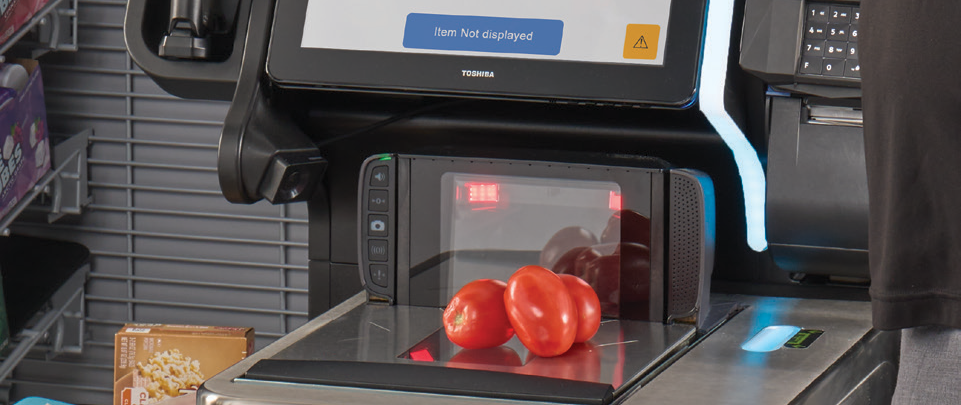
THE EVOLUTION OF SELF-CHECKOUT AND A.I.-POWERED LOSS PREVENTION
Self-checkout (SCO) technology initially emerged as a means for retailers to streamline the checkout process and reduce labor costs. Early iterations of these systems were very basic, often plagued by technical glitches, and faced resistance from both retailers and shoppers.
Over time, SCO technology evolved, becoming more user-friendly and reliable. Retailers recognized the potential for significant cost savings by reducing the need for cashier staff. However, a critical challenge emerged: striking the right balance between operational efficiency and providing a positive customer experience. Shoppers, initially hesitant to embrace self-checkout, perceived it as impersonal compared to traditional cashier-assisted checkout.
In This Whitepaper, You’ll Learn:
- How self-checkout has evolved
- The challenges with traditional loss prevention
- The impact loss prevention has on retail
- How retailers can use A.I. technologies to improve loss prevention









